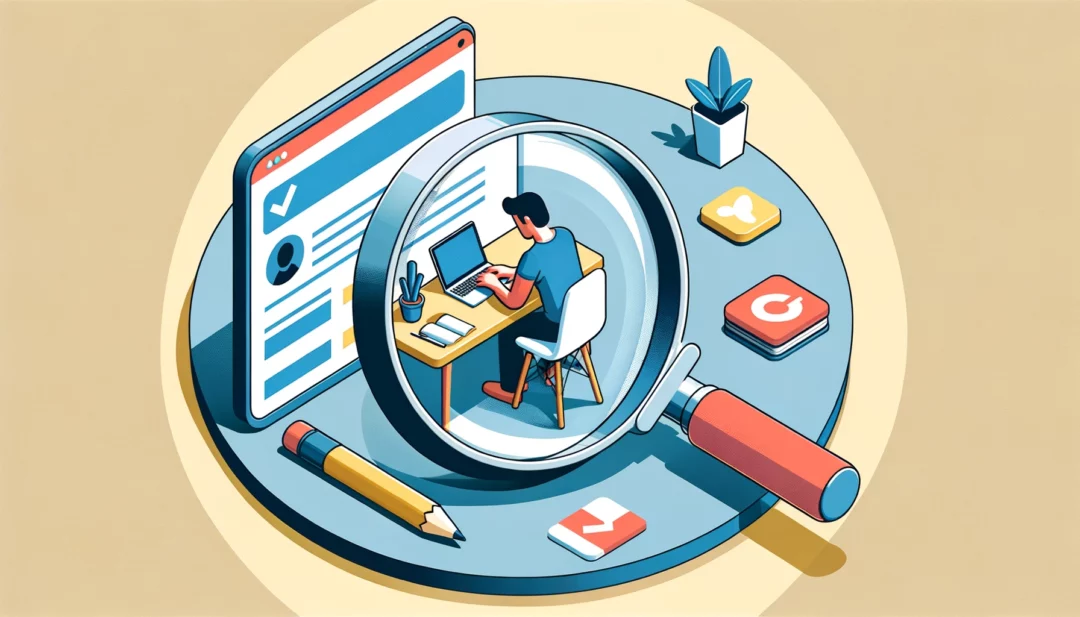Note: These are some initial thoughts, not yet ready for prime time on the Third Wave blog. Feedback to help shape these thoughts is very welcome.
A recent issue of f&w, a German magazine for managers of medical institutions (mostly hospitals and rehabilitation clinics) had a series of articles on social media. On the one hand, it’s almost a bit depressing that this sector is only now beginning to seriously look at Social Media. On the other hand, it’s good to see some movement in this space as there is much to gain for all parties involved.
The magazine quoted plenty of studies – some of which seemed fairly small-scale, but indicative and plausible enough for me – that boiled down to this:
- The whole sector is only in a very early stage of embracing Social.
- Top level management is only beginning to see the need for and advantages of Social Media, mostly because they have no personal experience with it (ie. a generational gap).
- Adaption rates seem to grow quickly from a low level as the first movers gather lots of (oftentimes positive) experiences.
- There’s clearly a recognized need for the sector to engage with their potential patients online and through Social as patients get more and more autonomous and base their decisions on online research and peer recommendations.
It’s a tricky sector for Social. Not unlike banking, if for completely different reasons, data is highly sensitive and privacy is of the highest priority. This is also reflected in the laws regulating both sectors.
Just to be clear here: In an emergency hospital, things can already be quite sensitive. But if you or your relatives submit themselves to treatment in a clinic for psychological or psychosomatic diagnoses it’s a different ball game altogether. There’s legal issues, there’s social stigma, there’s the risk of negative impact on the treatment. Most people won’t “like” a clinic on Facebook, and that’s ok.
And yet there’s tremendous potential in using Social channels in this context. As patients get more autonomous, monitoring and reputation building grow more important. As a clinic, you’ll want to know how happy your patients are with treatment, location and service. You might want to learn how to improve their experience during the treatment. You might try and support them after treatment through regular checkups and by providing a channel for them to get advice should they need it. And of course you can always help patients with shared experiences to connect among themselves for mutual support.
That’s the Social Media part. While the details and implementation are tricky, it’s not rocket science and there are enough examples of how things work. Then there’s the part that I’d put at the intersection of where the somewhat unwieldily named Quantified Self (that we’ve been writing about for awhile) meets mobile apps and networked technology.
More concretely, imagine a kid treated for childhood obesity (the numbers in the industrialized world are staggering!). Once kids leave the clinic and head back home, they’re back in their old environment, back in their old life. This is where things get complicated, as obesity usually involves a radical change of lifestyle – often for the whole family, if there is to be a lasting effect.
Feedback loops can help keep the motivation up, as can group dynamics and regular reminders. All the big and small stuff we can do to ease the problems that might arise on a day-to-day basis. A scale that tweets your weight might sound ridiculous. A scale that helps you track your weight over time and gives you regular feedback – not quite as ridiculous. An app that lets you know what you can’t and can eat given your current situation that very day? Now we’re talking.
All these things might become unnecessary after a few months, which is fine. Once the former patient has developed new routines and a better understanding of what’s good and what isn’t and they’re ready to move on. But for the transition period this could be really useful.
The current wave of Quantified Self and lifestyle and health apps aims mostly at those with an extra healthy or active lifestyle and at early adopters. A few of these services also target very specific medical conditions.
It seems to me that there is a huge, huge demand (and thus market) in the middle here. And I’m looking forward to seeing new services developed for this market.
Disclosure: I privately hold a (very small) amount of shares in a small independent medical services provider with a focus on phychosomatic rehabilitation, and used to work with them on their online activities when I was still a freelancer.


